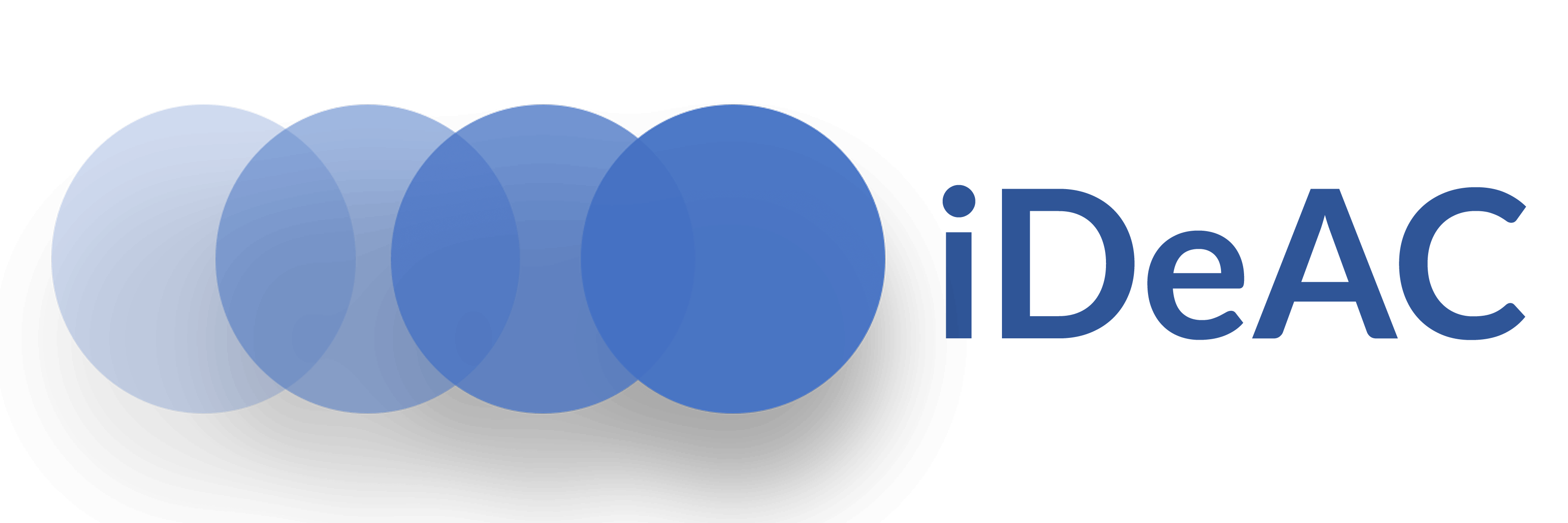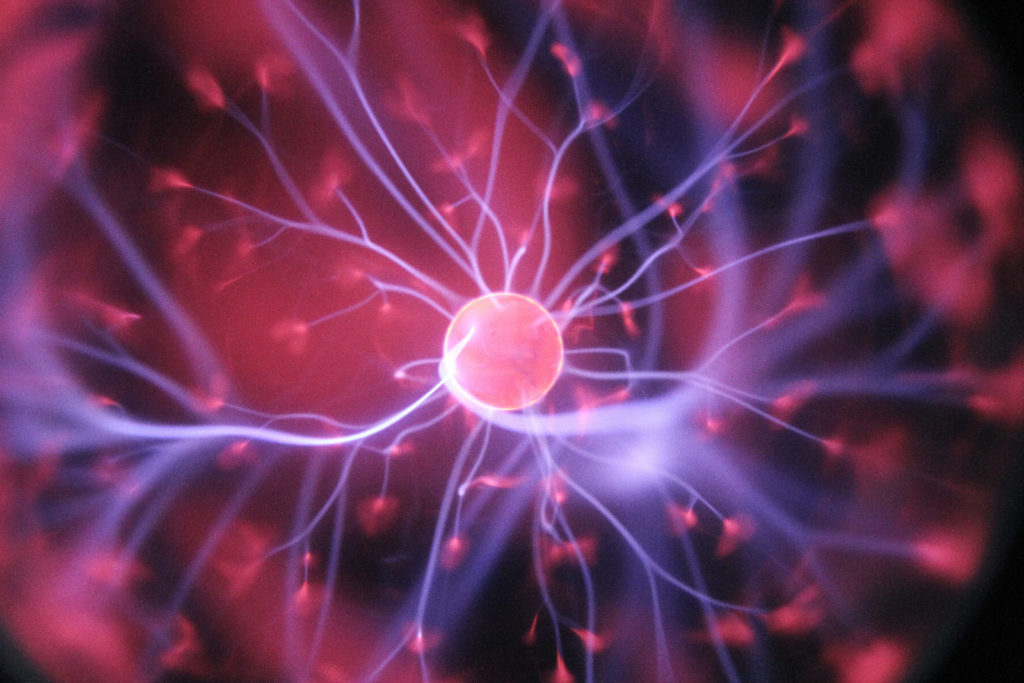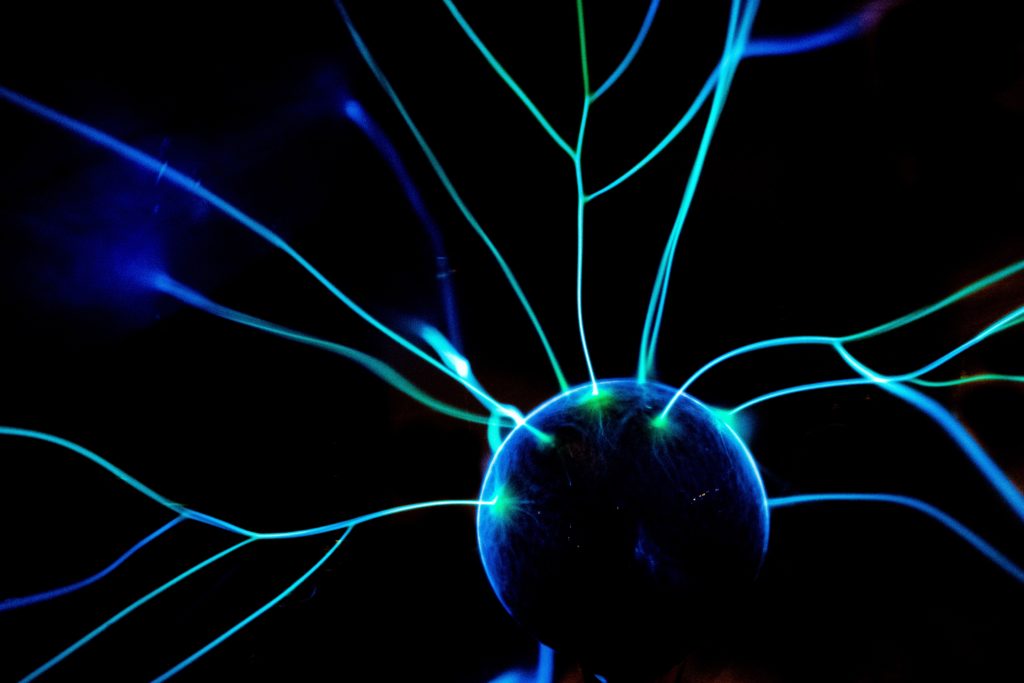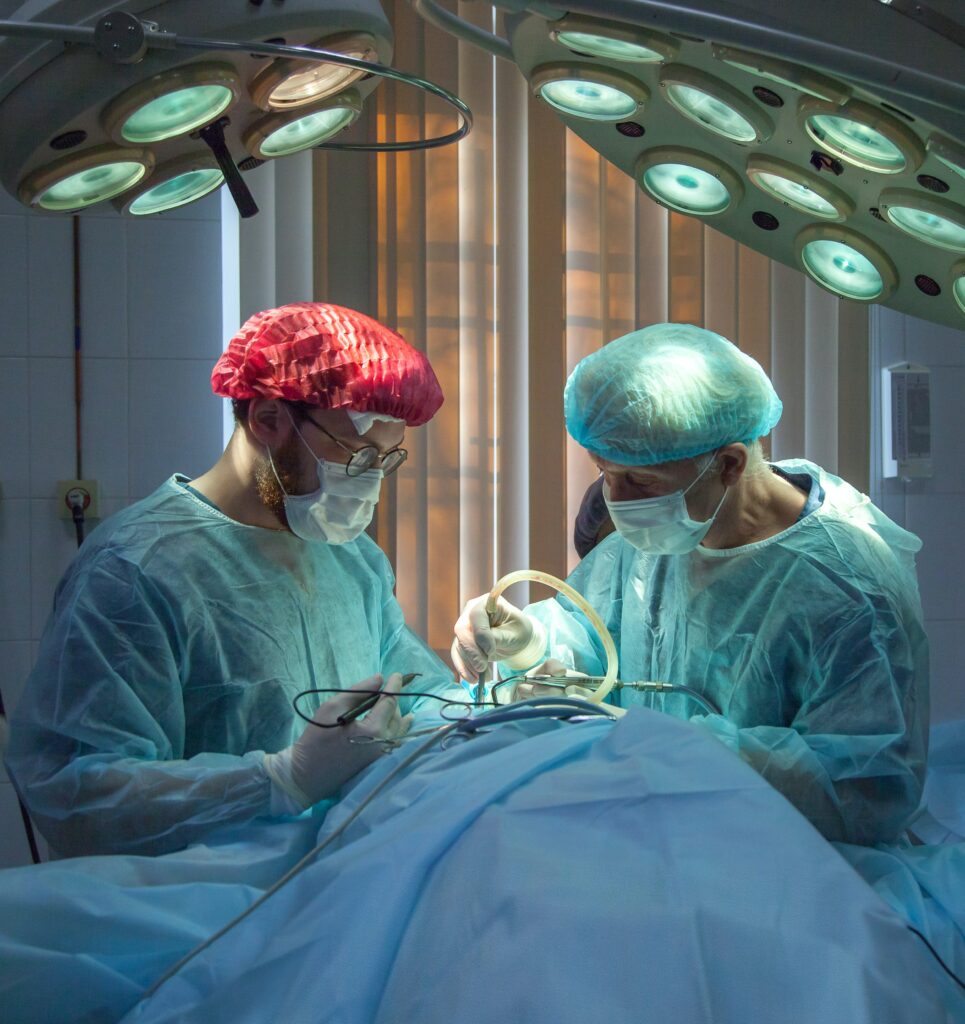Theme
‘expertise in neuronal, cerebrovascular and neuroinflammation biology’

‘working across disciplines, including mathematics, computer science, clinical services and the pharmaceutical industry’
This theme benefits from existing expertise in basic science focusing on cell biology, vascular pathophysiology and neuroinflammation. Areas of interest include the maternal influence on fetal cerebrovascular development, the effects of diabetes and anti-diabetic drugs on models of tauopathy and the toxicity of different tau species to aid a molecular level understanding of dementia biology. The theme has expertise in neuronal and glial biology, cerebrovascular drainage pathways and the role of neuroinflammation in neurodegeneration, brain ageing and dementia.
The theme already works across disciplines, including mathematics, computer science, clinical services (neurosurgery, neurology, cardiothoracic surgery and anaesthetics) and the pharmaceutical industry, making use of biofilm, millifluidics, mass spectrometry and imaging facilities available in Southampton. There are many established national and international collaborations in place. The theme is well represented at international meetings with many emerging insights in the field related to immunological and vascular mechanisms emerging from work in Southampton.
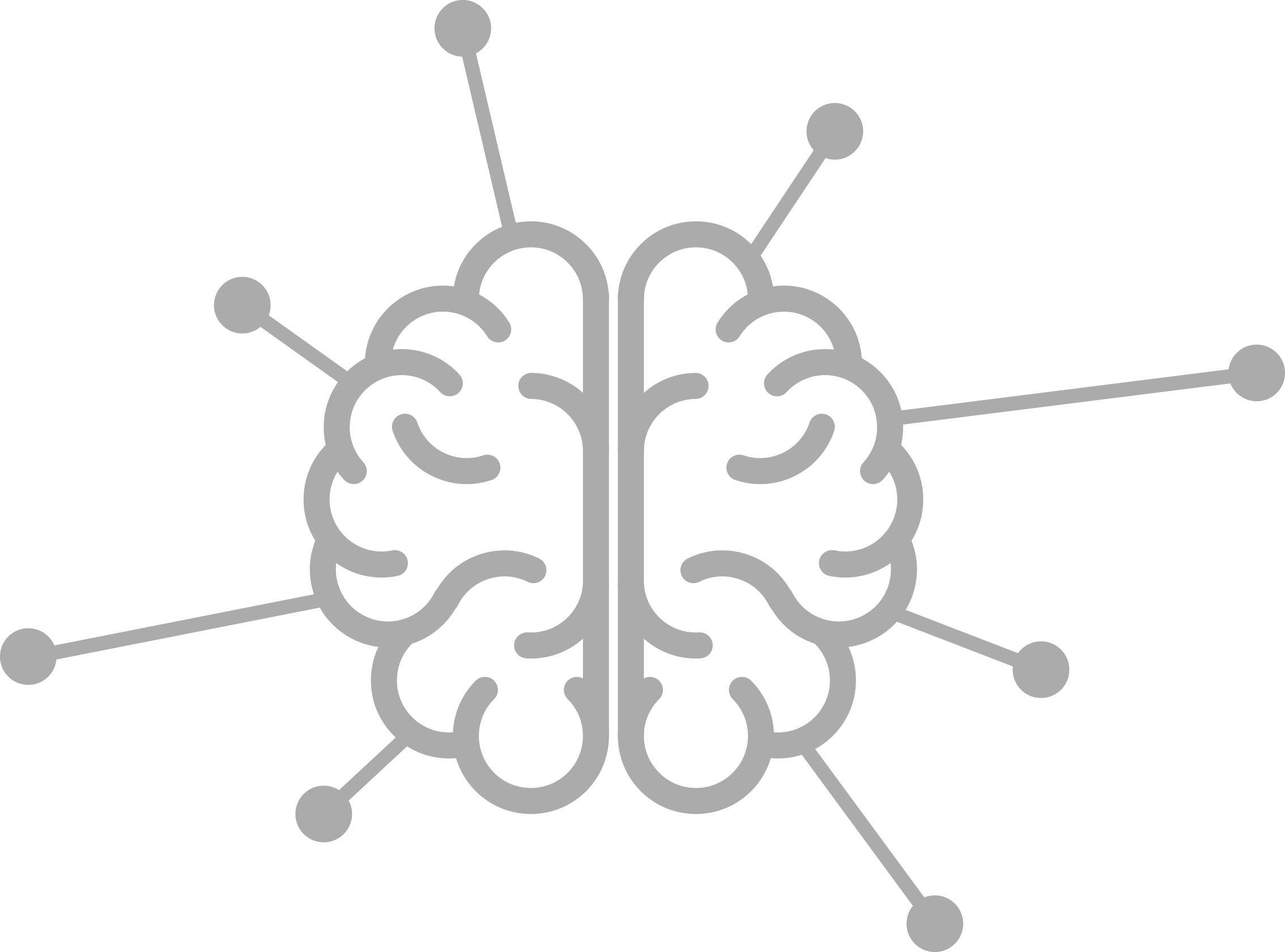
Theme leads
The theme has expertise in neuronal and glial biology, cerebrovascular drainage pathways and the role of neuroinflammation in neurodegeneration, brain ageing and dementia.
Research
Areas of interest include the maternal influence on fetal cerebrovascular development, the effects of diabetes and anti-diabetic drugs on models of tauopathy and the toxicity of different tau species to aid a molecular level understanding of dementia biology
Our lab is focused to studying the population of microglial cells from development to ageing, as well as chronic neurodegenerative...
Computational modelling shows that innervation of vascular smooth muscle cells provides the motive force for IPAD, which has led us...
